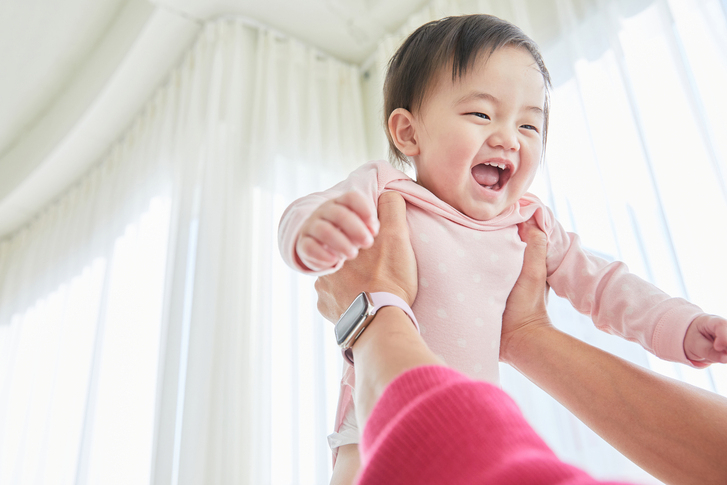 |
(Getty Images) |
Over 60 percent of South Koreans supported an initiative of providing a 100 million won ($72,500) cash incentive for each newborn, aiming to tackle the country's low and declining birth rates, a government survey showed Thursday.
The survey, conducted from April 17 to 26 by the Anti-Corruption and Civil Rights Commission involving 13,640 individuals, aimed to assess the effectiveness of providing direct support to beneficiaries of birth boost policies.
The survey queried whether significant cash incentives, like the recent 100 million won offering by a private company, would encourage respondents to have children.
Of those surveyed, 62.58 percent confirmed that the government's subsidy cash benefit would encourage childbirth. In contrast, 37.4 percent viewed the initiative as "ineffective."
In February, the Korean builder Booyoung Group announced its intention to offer its employees 100 million won per birth, with a limit of two times per family, as a measure to address the ongoing decline in the country's birth rate.
The commission also questioned whether respondents found it acceptable for the government to allocate approximately 23 trillion won annually, based on the previous year's birth rate, if it were to provide 100 million won to mothers with newborns.
In reply, 63.6 percent of respondents agreed with the necessity of the financial burden on the state to tackle the low birth rate crisis, while 36.4 percent disagreed.
Among the respondents, 57.2 percent were females and 34.6 percent were males. Also, 58.8 percent were married and the other 41.2 percent were unmarried. By age group, those in their 30s participated the most with 60.5 percent, followed by those in their 40s with 14.4 percent, those in their 20s with 13.7 percent, and those in their 50s with 5.4 percent.
The commission explained that the survey aimed to gather public opinions on the demographic crisis and its results will not be immediately made into policy. Based on the survey information, the commission plans to decide whether to propose policies to the relevant ministries.
“About 280 trillion won of the state budget has been poured from 2006 to 2021 to boost the country’s birth rate, but the fertility rate is still falling,” the commission said.
“The survey is designed to reevaluate the government policies to tackle the low birth rate and check whether direct financial support to recipients could be more effective.”
The total fertility rate, the average number of births per woman of childbearing age, for 2023 fell to a fresh record low of 0.72, according to Statistics Korea.
The yearly rate for 2023 dropped to 0.72 from the previous year's rate of 0.78, and has fallen since 2015 when the figure came to 1.24. A rate of about 2.1 children per woman is required for a stable population. Korea is the only member of the Organisation for Economic Co-operation and Development with a total fertility rate below 1 as of 2021.







![[Today’s K-pop] Blackpink’s Jennie, Lisa invited to Coachella as solo acts](http://res.heraldm.com/phpwas/restmb_idxmake.php?idx=644&simg=/content/image/2024/11/21/20241121050099_0.jpg)